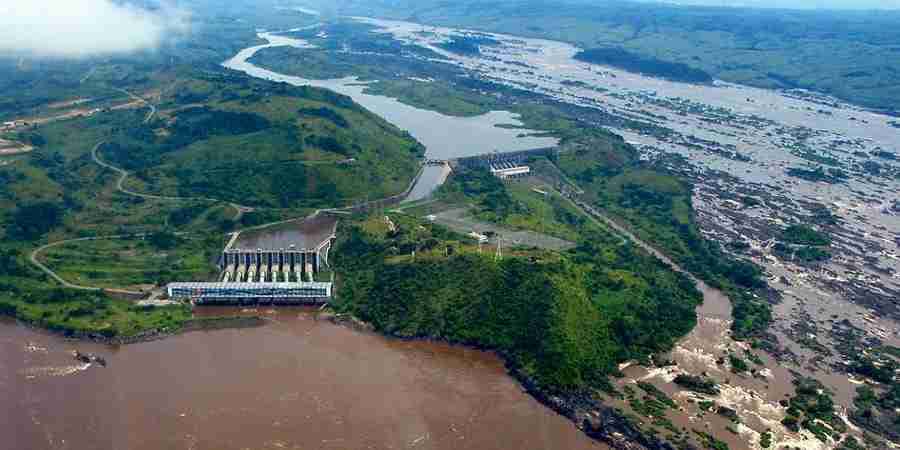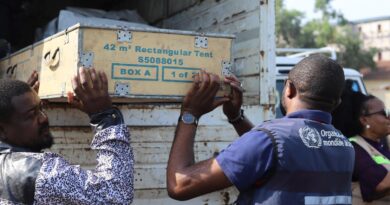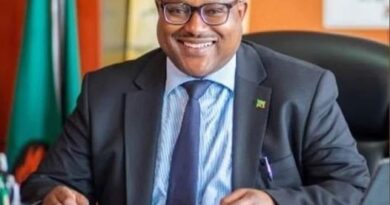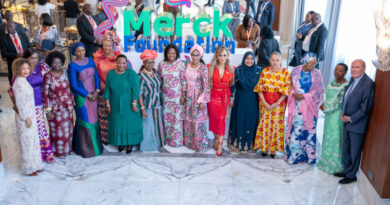World Bank Commits $1B to Revive DRC’s Inga III Hydropower Project
The World Bank has pledged $1 billion to support the Democratic Republic of Congo (DRC) in reviving the long-stalled Inga III hydropower project, part of the larger Grand Inga complex, which has the potential to become the world’s largest hydropower facility.
In an initial move, $250 million will be disbursed to fund technical studies, reform the country’s state-run electricity utility, promote economic development, and attract private sector investment. Once operational, Inga III could generate up to 11,000 megawatts of electricity — more than triple the DRC’s current capacity — at an estimated cost of $10 billion.
The project is central to “Mission 300,” a World Bank-backed initiative aiming to provide electricity access to 300 million Africans by 2030. According to World Bank President Ajay Banga, the broader program could attract up to $85 billion in private investment.
“This approach maximizes the chances of Inga III actually happening,” said Yadviga Semikolenova, World Bank’s energy practice manager for eastern and southern Africa.
The Grand Inga site on the Congo River — the world’s third-largest by volume — has the potential to produce up to 40,000 megawatts of electricity. Yet previous efforts to develop the project have faltered due to conflict, corruption, and massive capital requirements.
Originally, Inga I and II were commissioned in 1972 and 1982, producing 351MW and 1,424MW respectively. In recent years, the DRC signed and abandoned multiple agreements with investors, including Nigeria’s Natural Oilfield Services Ltd., Australia’s Fortescue Ltd., and earlier Spanish-Chinese consortiums.
Most of the electricity generated today from Inga supports copper and cobalt mining operations in southern Congo, run by firms like Glencore Plc, China Railway Group Ltd., and CMOC Ltd. Under the renewed vision, future output is also expected to power Kinshasa and other energy-poor countries in the region.
Despite the project’s rocky history, the Congolese government remains committed to tripling national electricity access by 2030. The latest World Bank commitment signals a turning point in realizing Africa’s most ambitious energy dream.
Source: Bloomberg



